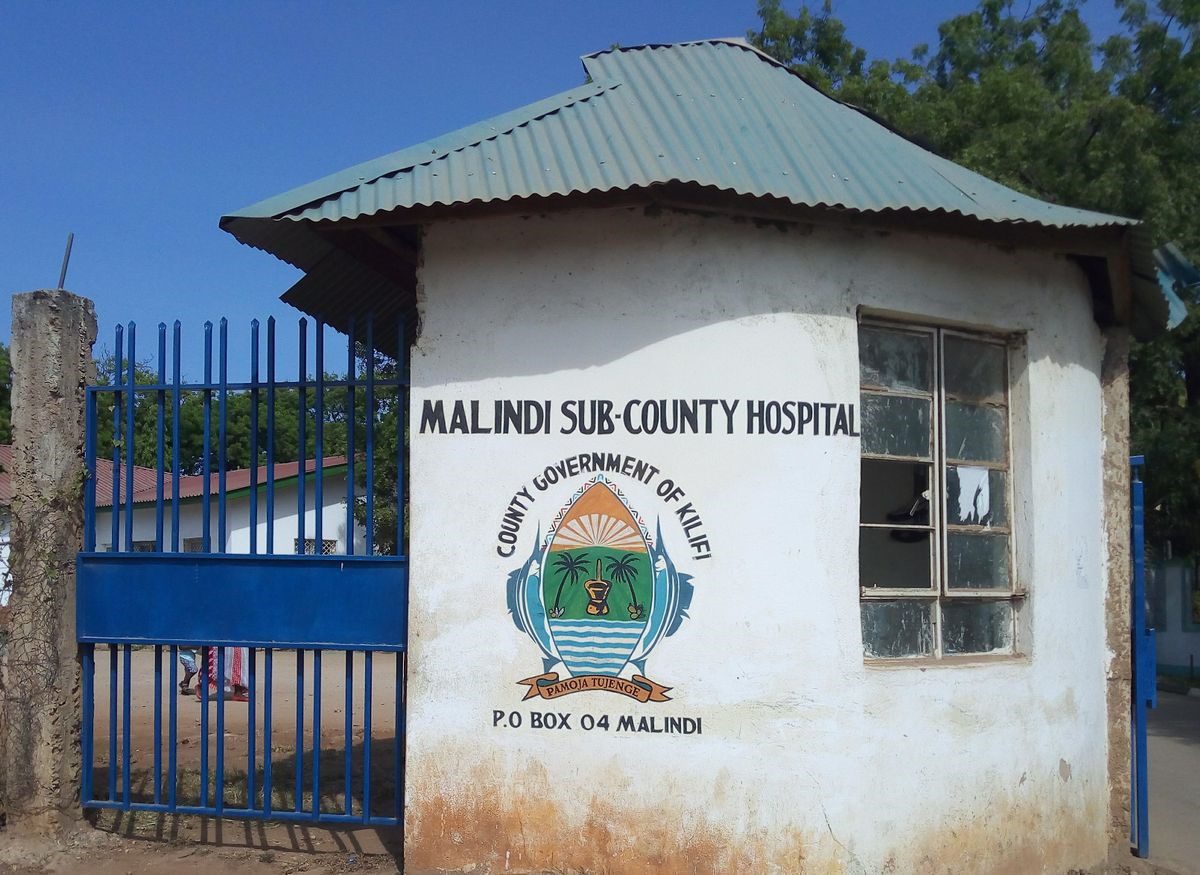They Never Come Back: Barriers to Healthcare in Kenya
Posted on December 11, 2023
Beliefs, Child, disability, education, Health, International, marginalized, stigma, vulnerable
Children with disabilities face many barriers to accessible healthcare in Kenya. Since many of them lack birth certificates, they are unable to apply for and receive health insurance, making many services too expensive for their families to afford. There are also very few health practitioners trained to treat disabilities and associated health implications. Perhaps one of the greatest barriers to medical care, however, is the lack of transport to and from healthcare facilities.

Lenox at his home
In Kilifi County where Kupenda is based, there are 1.5 million people in a space of 4,728 square miles, yet there are fewer than 10 public hospitals. This means that many families travel quite far to access medical care. Since many residents don’t own vehicles, they also have to pay for transport. Public transportation can cost hundreds of Kenyan shillings each way. Since many children with disabilities live in poverty, they simply don’t receive the care they so desperately need and deserve.
Hassan, an Orthopedic Technologist in Kilifi, shared a story of a family who brought their child to the hospital for an intervention for a disability. He requested that they come back the following week for an additional consultation, but they never returned. Hassan shared that this was a common theme. They never come back for additional care, because they cannot afford to.
In the words of Kupenda’s Kenya Executive Director, Leonard Mbonani:
“No child should suffer because of lack of transport.”
This is why Kupenda provides transportation costs for families of children with disabilities—families like that of five-year-old Lenox. Lenox has epilepsy, a disorder in which nerve cell activity in the brain is disturbed, causing seizures. This condition requires intervention, including the use of medication.
Unfortunately, Lenox’s parents had difficulty earning enough to support their son’s medical needs. His father faced challenges in accessing employment and his mother was forced to stop work when her employer stopped paying her wages.
When Kupenda learned about Lenox’s case, staff stepped in to provide support through generous donors. Now, Lenox is regularly meeting with a physician and receiving the anti-seizure medications he needs. As his health continues to improve, Lenox is able to grow physically, socially, mentally, and emotionally.
In addition, through Kupenda’s disability training programs, his community leaders are also being sensitized on how to support families impacted by disabilities with their transportation needs. Today Lenox’s future no longer needs to be limited by how far away he lives from healthcare support.
Want to keep updated on Kupenda’s work?
Follow us on Facebook, Instagram, LinkedIn, TikTok, YouTube, and Twitter.
Learn more about Kupenda in our podcast.
Sign up for our newsletter.
Or sponsor a child in need for just $30 / month.



Leave a Reply